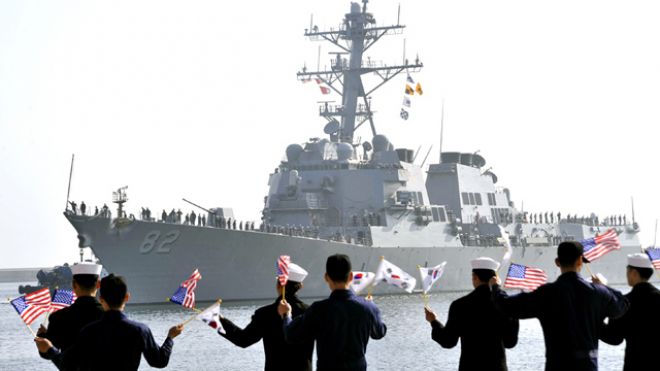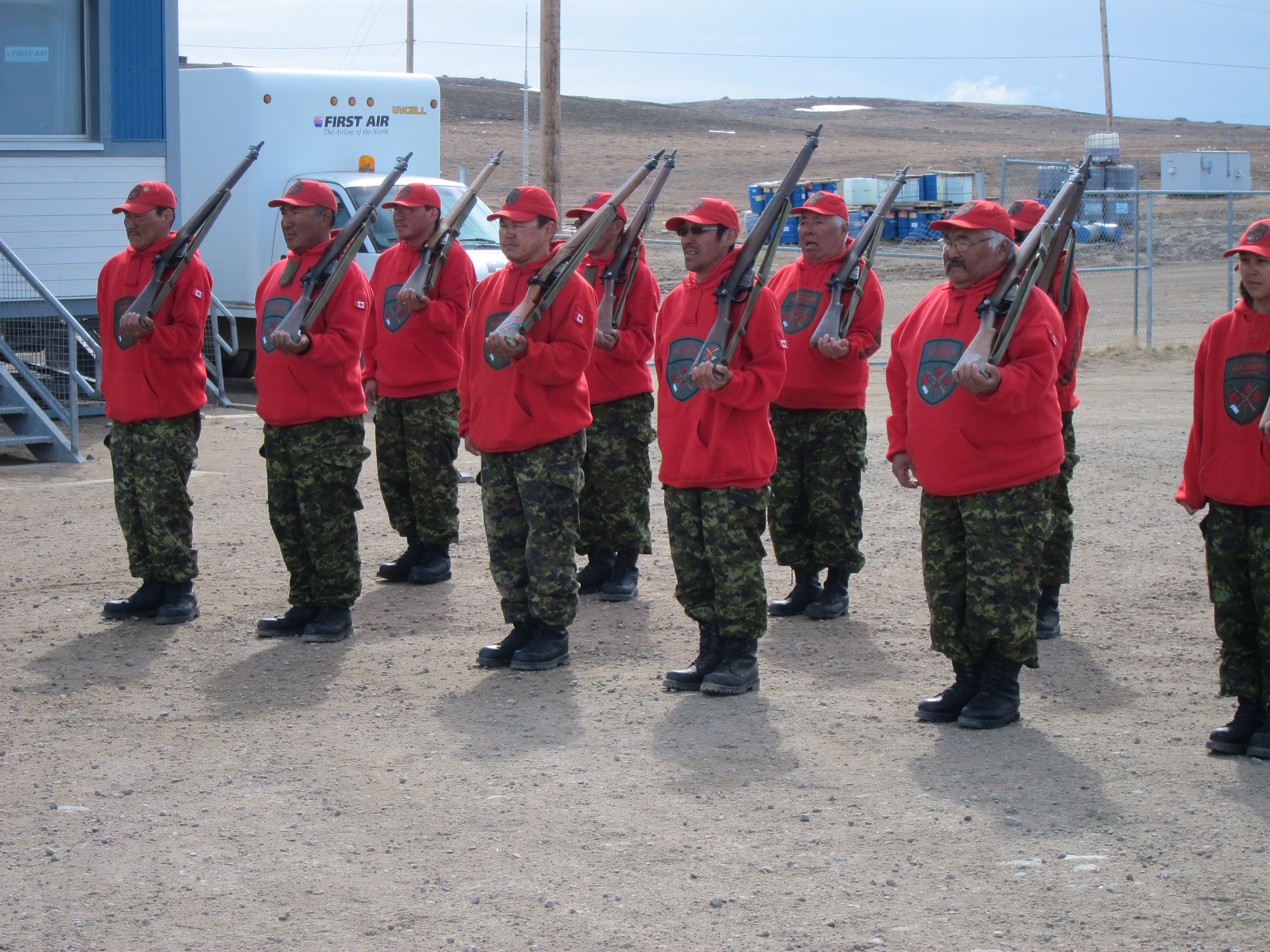As the Arctic warms and ice melts, a symptom of coming climate changes, it becomes a matter of national security to understand these changes and prepare for the effects they have on states and societies. This question is of extreme importance to countries in East Asia. For South Korea, it is best to address these security risks as early as possible in the context of the US Pacific Ally system. The country can use its relationship with America to access the North, explore the consequences of climate change, and develop adequate policies and capacities to respond effectively.
The Arctic is becoming more accessible because of warming temperatures and less permanent ice to obstruct shipping, but a changing climate also causes rising sea levels, more powerful storms, desertification and even cooling in other parts of the world. Situated on the end of a peninsula and directly dependent on the sea for the support of a population of over 40 million, South Korea is on the front line of the effects of climate change.
Maintaining the relationship with the United States for access to the Arctic grants better resources and opportunities for South Korea to study and understand climate change from a national security perspective. Rising sea levels and warming temperatures mean changes in precipitation regularity and levels, coastal flooding and also temperature differentials that would inevitably affect the South East Asian climate. Studying the history of climate change and looking at its impact in a region where it is most visible is a source of invaluable data that can in turn be applied to understanding how these changes might affect South Korea in the future.
[captionpix align=”right” theme=”elegant” width=”350″ imgsrc=”http://i.dailymail.co.uk/i/pix/2013/04/12/article-0-1900F8BF000005DC-851_634x415.jpg” captiontext=”live firing drill from March in North Korea”]
After the superstorm Katrina that destroyed New Orleans in 2005 and the Fukushima Daichi disaster in 2011, it is evident that natural disasters that begin in the oceans can be extremely dangerous for South Korea. They present not only direct threat, but also challenges in the management of destruction and dislocation. The capacity to maintain order and security amid recovery effort in the aftermath of a natural disaster could also have wider regional implications. If a natural crisis should occur, and North Korea decided to exploit a strategic vacuum created when South Korea is inwardly focused – either through a missile or nuclear test or a mass-scale military exercise – the relationship with the United States would become critical for South Korea to maintain its strategic posture.
As mentioned in a previous article, social problems, such as food security and shelter, in the aftermath of a major disaster can be addressed via stable supply routes. The Arctic can be a link for humanitarian assistance in Asia on a large scale, largely free from the risks that accompany shipping around the Middle East. In this perspective, South Korea’s commercial and business interests in the Arctic are also linked to matters of national security.
Expanded scientific exploration of the pole with a focus on climate change collates data that is useful when analyzing localized changes in East Asia, which will inevitably impact South Korea. The relationship with the United States gives a needed political boost for South Korean participation in the poles, allows for more robust research, and is also important in case of a disaster. American support would allow South Korea to maintain a stable strategic posture vis-à-vis North Korea and other potential geopolitical threats, while being able to address the consequences of the disaster. Finally, the Arctic offers a shipping route to South Korea that can be invaluable for the delivery of humanitarian aid in case of a disaster. In particular, the Arctic offers the paramount advantage of foregoing the security risks of shipping through the Indian Ocean and the Middle East.




